In 2024, Vietnam's organ transplant industry made a strong mark with impressive achievements, demonstrating the remarkable development of the country's medicine.
Organ Transplantation in Vietnam: Highlights and Expectations for 2025
In 2024, Vietnam's organ transplant industry made a strong mark with impressive achievements, demonstrating the remarkable development of the country's medicine.
Two outstanding events in the field of organ transplantation have been honored as one of the typical medical events of the year, affirming Vietnam's position on the world medical map.
Miracle of simultaneous heart and liver transplant
One of the highlights of Vietnam's organ transplant industry in 2024 is the successful simultaneous heart and liver transplant surgery at Viet Duc Friendship Hospital.
 |
| Every year, the Vietnamese organ transplant industry performs more than 1,000 organ transplants. |
This is an unprecedented feat in the history of medicine in our country, marking a major step forward in the ability to perform complex techniques. The patient who received the organ transplant was Mr. Đ.VH, 41 years old, suffering from end-stage heart and liver failure. In his critical condition, a simultaneous heart and liver transplant was the only chance to save his life.
The surgery took place on the afternoon of October 1, 2024 and lasted 8 hours. After the surgery ended, the heart and liver of the organ donor from Nghe An began to function, helping Mr. H. gradually recover.
This success is not only a professional feat but also affirms the smooth coordination between medical teams, from the donor hospitals to the transplant hospitals, and is on par with countries with advanced medicine.
According to statistics from the National Organ Transplant Coordination Center, from the first kidney transplant in 1992, up to the end of August 2024, Vietnam has performed 9,089 organ transplants, with 8,331 kidney transplants, 649 liver transplants, 90 heart transplants, and many other transplants such as lung transplants, upper limb transplants, and intestinal transplants.
Each year, Vietnam's organ transplant industry performs more than 1,000 transplants, including about 100 liver transplants and 90 heart transplants. This makes Vietnam the leading country in Southeast Asia in terms of the number of organ transplants each year, just behind developed countries like Spain.
However, the Vietnamese organ transplant industry is still facing a major challenge: the lack of organ donors. Currently, 96% of organ transplants in Vietnam are from living donors, while organs donated from brain-dead people account for only 4%.
This is a huge gap compared to developed countries, where the rate of organ donation from brain-dead people is from 40% to 90%. The shortage of donated organs is one of the reasons why thousands of patients are waiting for organ transplants, while dozens of people die every day because there are no suitable organs.
However, in 2024, the country recorded a record number of organ donations from brain-dead donors, opening up new hopes for thousands of patients waiting for organ transplants.
According to Professor, Dr. Dong Van He, Director of the National Organ Transplant Coordination Center, 2024 witnessed a significant increase in the number of organ donations from brain-dead people.
There are 41 organ donors nationwide, more than three times more than three years ago (there were only 36 cases in 2021-2023). This has helped the number of organ transplants from brain-dead people increase by 173% compared to 2023 and account for 13% of the total number of organ transplants nationwide.
This achievement is not only the pride of the Vietnamese organ transplant industry but also a testament to the compassion and consensus of the community in donating tissues and organs to save the lives of patients.
In addition, the number of people registering to donate organs after death has tripled compared to previous years. This partly helps meet the increasing demand for organ transplants while the rate of organ donations is still quite low compared to the actual demand.
Efforts to change public perception
To address this issue, public awareness of organ donation needs to be raised. In 2024, the number of brain-dead organ donors in Vietnam reached a record high of 39 cases, a sharp increase compared to previous years.
Along with that, the number of people registering to donate organs has also tripled compared to previous years, reaching nearly 100,000 people. However, there are still many difficulties when many families do not agree with organ donation even though the patient has registered in advance.
Therefore, it is necessary to propagate, raise awareness and change social habits. Each citizen clearly understands the humane meaning of organ donation, which will help reduce family opposition and open up life opportunities for patients waiting for transplants.
As of early 2024, Vietnam has 26 organ transplant centers across the country, with major hospitals such as Viet Duc Friendship Hospital, 108 Military Central Hospital, Cho Ray Hospital, National Children's Hospital... mastering complex and advanced organ transplant techniques.
Notably, 108 Military Central Hospital successfully performed five liver transplants in one week, Cho Ray Hospital used laparoscopic surgery and robots for kidney transplants, and the National Children's Hospital is the unit with the largest number of pediatric liver transplants in the country.
These centers not only have access to modern organ transplant techniques but also apply new treatment methods, helping to reduce the cost of organ transplants compared to other countries. The cost of organ transplants in Vietnam is only about 1/8 of that in Thailand and 1/24 of that in the US, which has attracted many international patients to come for treatment.
Although Vietnam’s organ transplant sector has achieved many proud achievements, challenges remain. The government and relevant agencies have been stepping up solutions, including perfecting policies, improving organ donation advocacy, and implementing digital transformation in organ transplant waiting list management. This will help optimize the use of donated organs and minimize organ waste.
Vietnam has been affirming its position in the field of organ transplantation, with impressive achievements not only in terms of quantity but also in quality.
However, for the organ transplant industry to develop more strongly in 2025 and the coming years, each individual, family and community needs to have a correct understanding of the importance of organ donation, so that lives can be extended, bringing hope to thousands of patients waiting.
Although the achievements cannot be denied, it can be admitted that the organ transplant industry is also facing many challenges. Although the number of organ transplants has increased sharply, it is still unable to meet the needs of patients, when the rate of organ transplants from living donors accounts for 94%.
In particular, the rate of organ donation registration from brain-dead people in Vietnam is still quite low, which poses a major challenge in overcoming the shortage of organ transplants.
In addition, experts also pointed out that the establishment of organ transplant waiting lists has not been implemented synchronously and publicly, leading to waste of donated organs. Hospitals do not have a strict data management system, causing donated organs to not be used in a timely manner.
In addition, organ donation advocacy is also facing difficulties due to the lack of support mechanisms and policies for hospitals and medical staff participating in organ donation counseling. The lack of appropriate remuneration for these units is also one of the factors hindering the strong development of the organ and tissue donation network.
To address the above issues, the Ministry of Health has been directing a series of measures to improve the system of mechanisms and policies to promote organ donation, collection and transplantation. One of the notable efforts is to improve technical and professional guidelines, and at the same time build economic and technical standards for organ transplantation activities.
In particular, the Ministry of Health has issued new legal documents, such as Circular No. 48 regulating transplant registration and principles for coordinating donated organs after death, to specify and promote tissue and organ donation.
In addition, the implementation of digital transformation in the management of organ transplant waiting lists is also an important step in optimizing the use of donated organs. Authorities have required hospitals to establish organ transplant waiting lists and apply information technology in connecting and coordinating organs, ensuring openness and transparency in the transplant process.
Source: https://baodautu.vn/ghep-tang-viet-nam-dau-an-noi-bat-va-nhung-ky-vong-nam-2025-d243699.html


![[Photo] Prime Minister Pham Minh Chinh chairs the Government's special meeting on law-making in April](https://vstatic.vietnam.vn/vietnam/resource/IMAGE/2025/4/13/8b2071d47adc4c22ac3a9534d12ddc17)

![[Photo] National Assembly Chairman Tran Thanh Man attends the ceremony to celebrate the 1015th anniversary of King Ly Thai To's coronation](https://vstatic.vietnam.vn/vietnam/resource/IMAGE/2025/4/13/6d642c7b8ab34ccc8c769a9ebc02346b)

![[Photo] National Assembly Chairman Tran Thanh Man attends the Policy Forum on Science, Technology, Innovation and Digital Transformation](https://vstatic.vietnam.vn/vietnam/resource/IMAGE/2025/4/13/c0aec4d2b3ee45adb4c2a769796be1fd)

















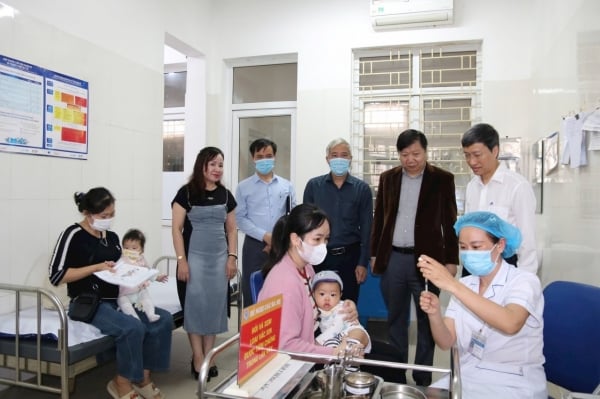









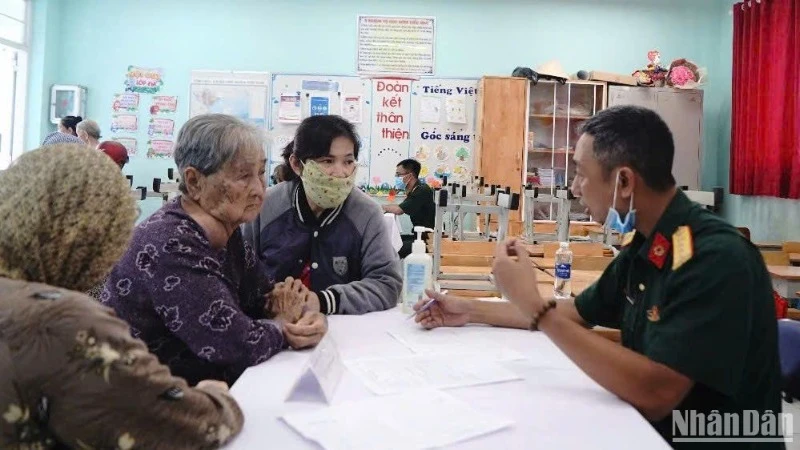












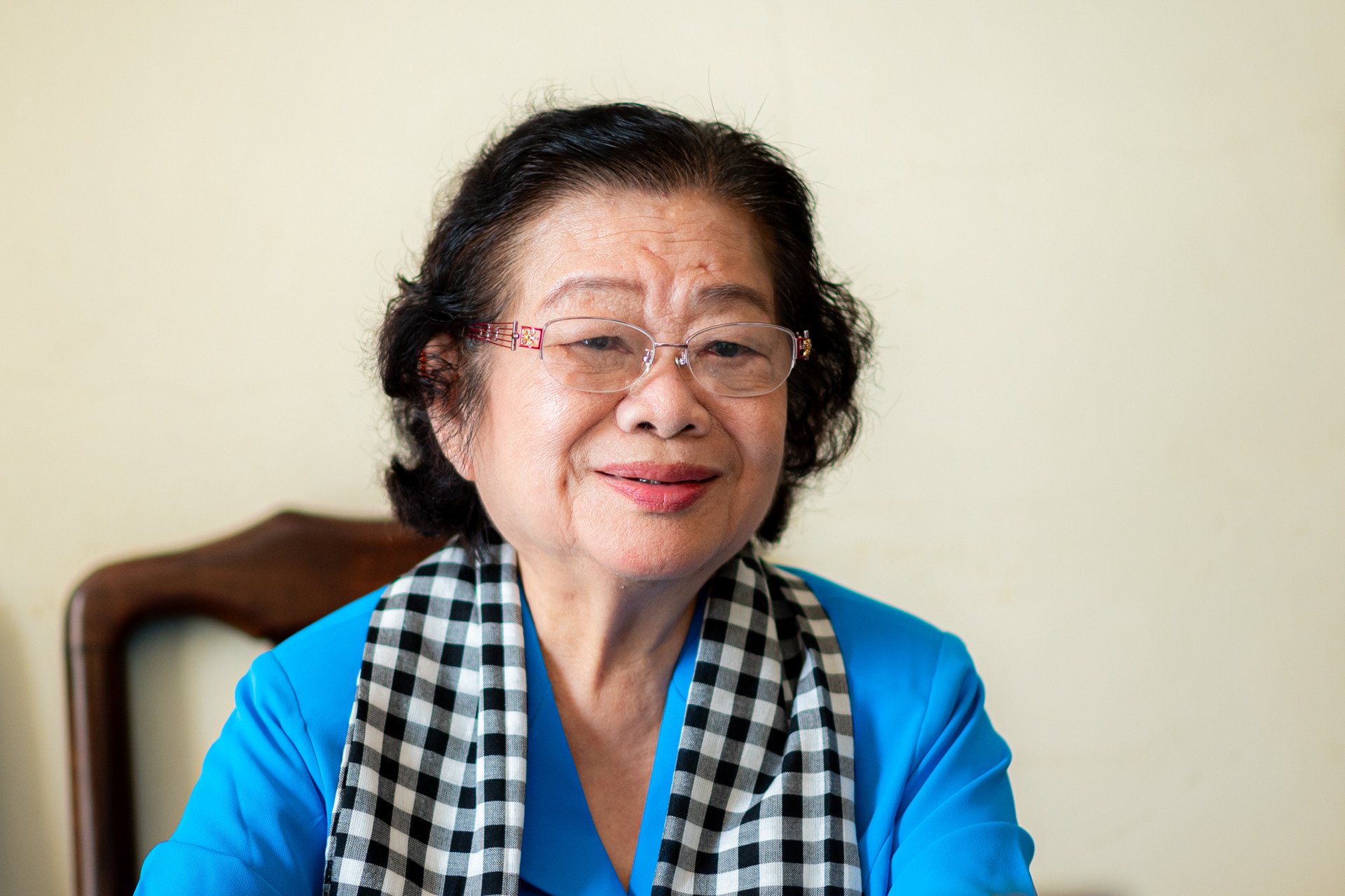

























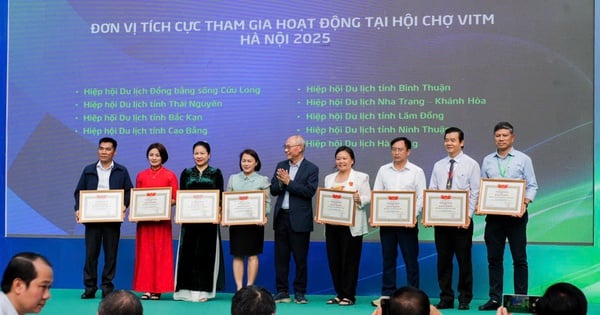






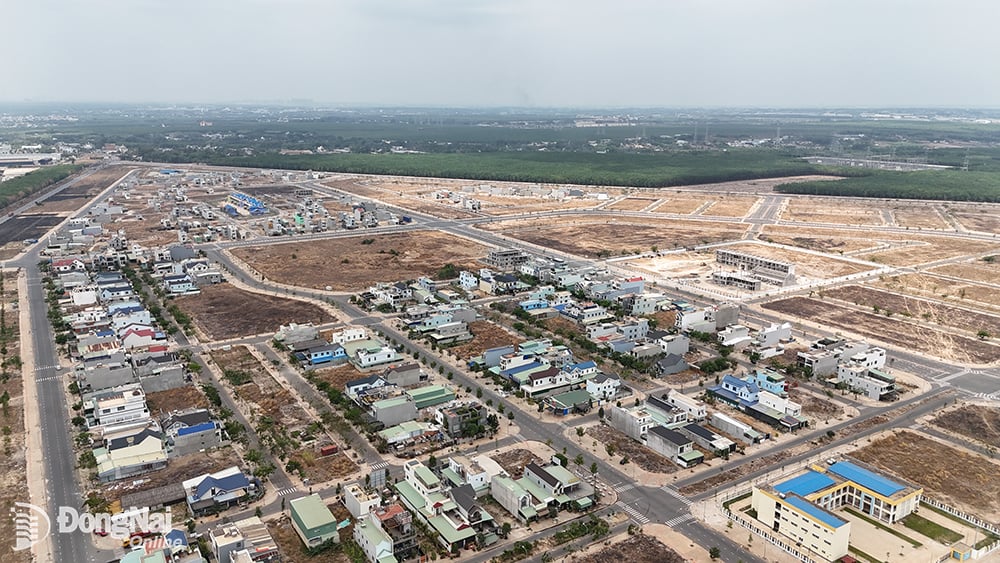

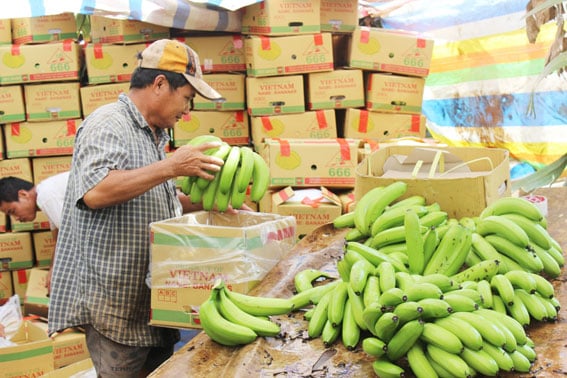













Comment (0)